Han Zheng, apparatchik with qualifications
Han Zheng is soon to run the world’s second largest economy. While he has the wherewithal for the task, he has limited autonomy granted him by President Xi Jinping
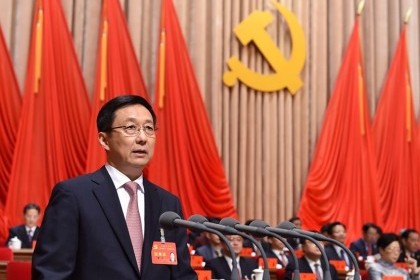 Courtesy: Chen Zhengbao, Liu Xin
Courtesy: Chen Zhengbao, Liu Xin
Han Zheng is soon to run the world’s second largest economy. While he has the wherewithal for the task, he has limited autonomy granted him by President Xi Jinping
 Courtesy: Flickr
Courtesy: Flickr
No easy solutions to this refugee problem are emerging despite the considerable international attention it has drawn. India has taken a pragmatic stand despite anxiety about deepening China-Myanmar ties
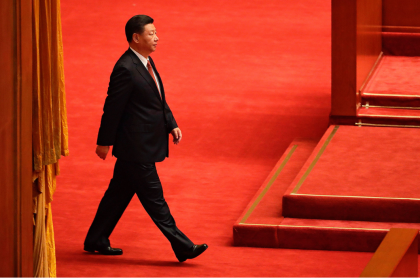 Courtesy: Forex Repository
Courtesy: Forex Repository
Xi Jinping, who became the first leader since China’s modernisation to have his name inscribed—during his tenure—in the Chinese Communist Party’s Constitution, will fine-tune and popularise Deng Xiaoping’s famous phrase, ‘Socialism with Chinese Characteristics’, to suit a new era. He has adhered to Party rules while subtly subverting long-standing traditions
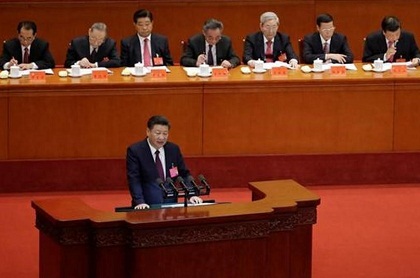 Courtesy: Hindustan Times
Courtesy: Hindustan Times
Amidst the grand messaging and visual splendour of the 19th Party Congress, Xi made some telling pronouncements. He sent out a stern warning to separatist elements, threatening the country’s unity, and emphasised “ecology” and “environment” over “economy” and “market”. Over and above it all, the Chinese Communist Party that he rejuvenated emerged the real ‘hero’ in the epic story
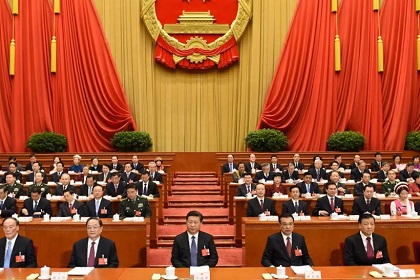 Courtesy: South China Morning Post
Courtesy: South China Morning Post
At the Chinese Communist Party’s 19th Congress, President Xi Jinping will surely consolidate and project his power within the Chinese Communist Party. But, there are other crucial elements to be observed and studied beneath the obvious grandeur of the Congress, such as, how it has retained its longevity and tenacity, how it commands loyalty and ideological compliance, and how change gets institutionalised. This week-long event will yield important clues
 Courtesy: Western Naval Command
Courtesy: Western Naval Command
China has expanded its presence in the Indian Ocean Region. President Xi Jinping has abandoned Deng Xiaoping’s conciliatory posture for an aggressive, money-fuelled search for super power status
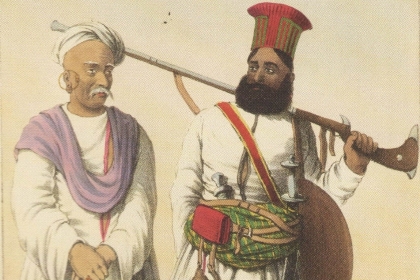 Courtesy: Archive.org
Courtesy: Archive.org
Many of the Hindu Sindhi refugees who fled to India post Partition succeeded in rebuilding their lives afresh, their native entrepreneurial spirit enabling them to rise up from the destitution that displacement caused. Ulhasnagar, Thane district, which was a refugee camp 70 years ago, is a microcosm of how the community rehabilitated itself--with the help of a well dispersed and generous Sindhi trading network
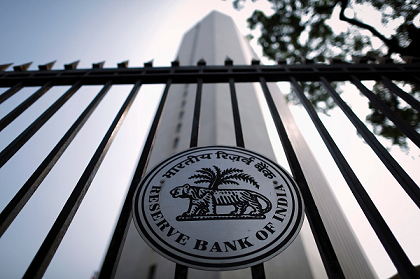 Courtesy: Mint
Courtesy: Mint
Government ownership of the Indian banking system has brought upon it a host of governance issues in the seven decades since independence: the Non Performing Asset crisis is a symptom of this, and clear indication that the system needs restructuring
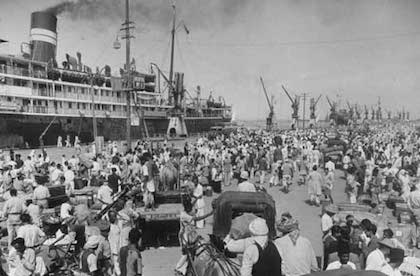 Courtesy: Live Mint
Courtesy: Live Mint
The 70th Independence Day for India and Pakistan – August 15 and 14 respectively – is a reminder of how Partition displaced 15 million people, causing untold hardship. What is less known is that the cities of Karachi and Bombay have had a shared colonial history and economy: the parting of ways left one bereft of a host of spirited citizens, who went on to rebuild their lives in the other
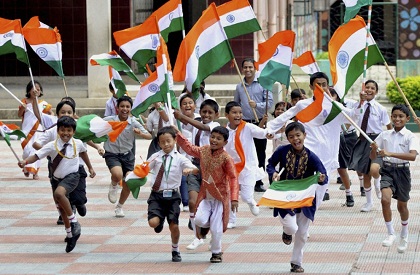 Courtesy: Pinterest
Courtesy: Pinterest
Modern India stands tall on August 15, 2017: over the past year, it has been seen as the fastest growing major country, macroeconomic stability has been re-established, and the GST implemented. Why, then, are so many stressing that India desperately needs reforms to its labour laws to keep the momentum going?